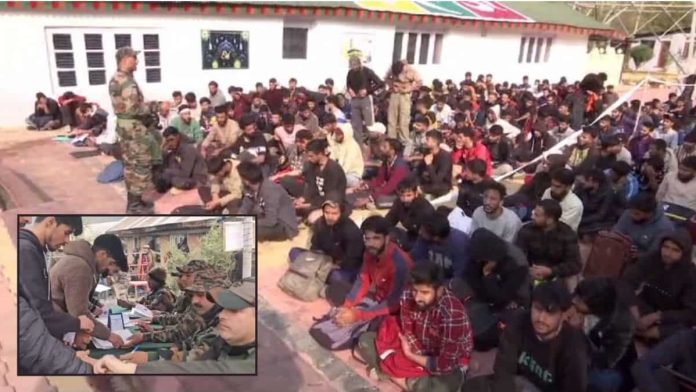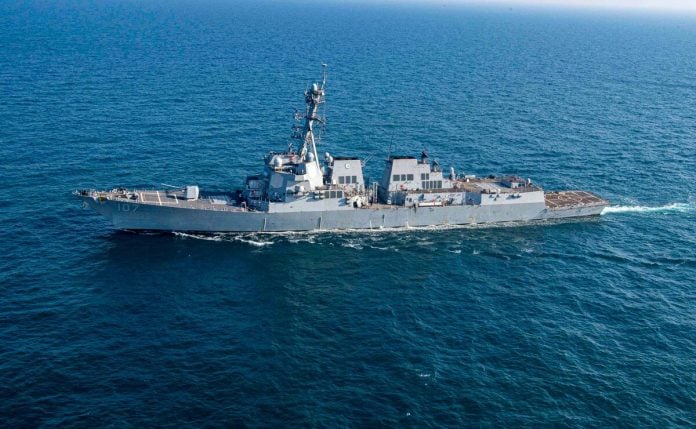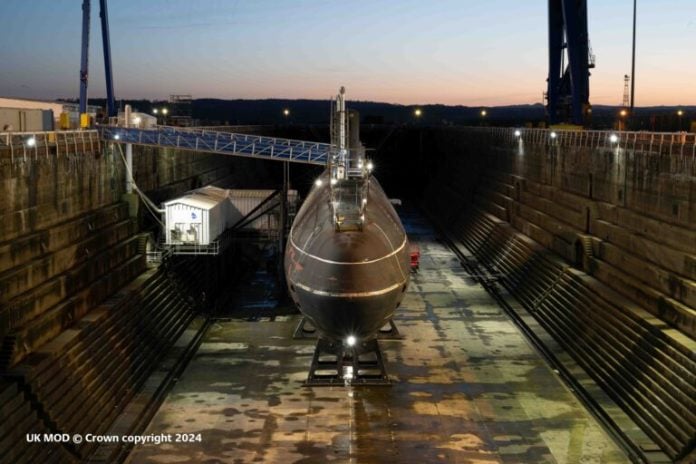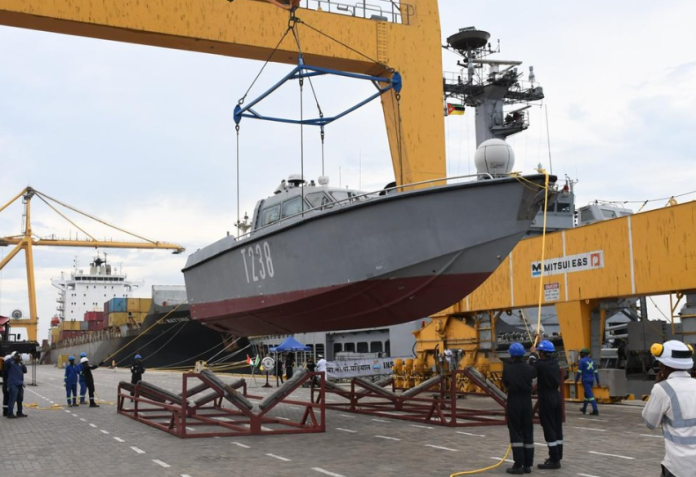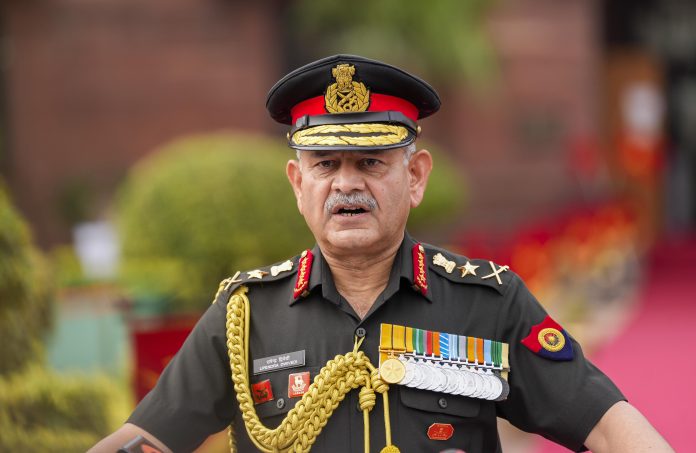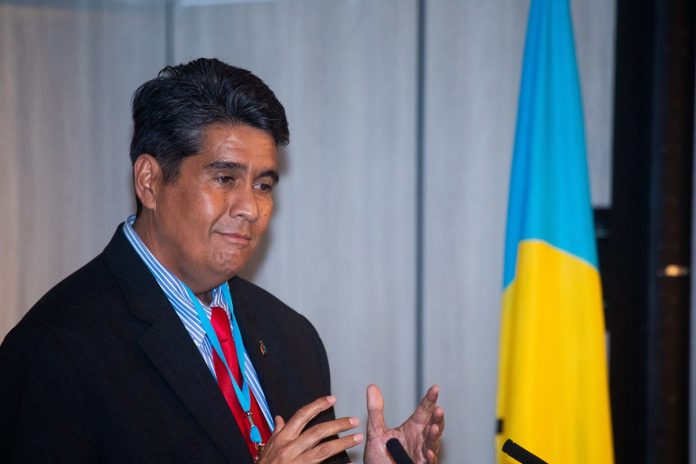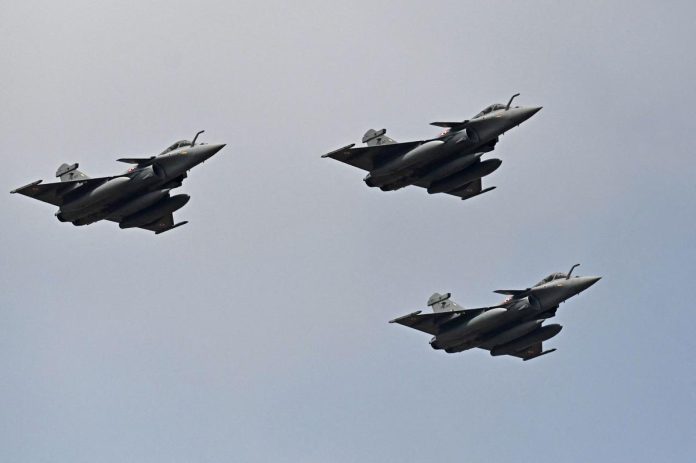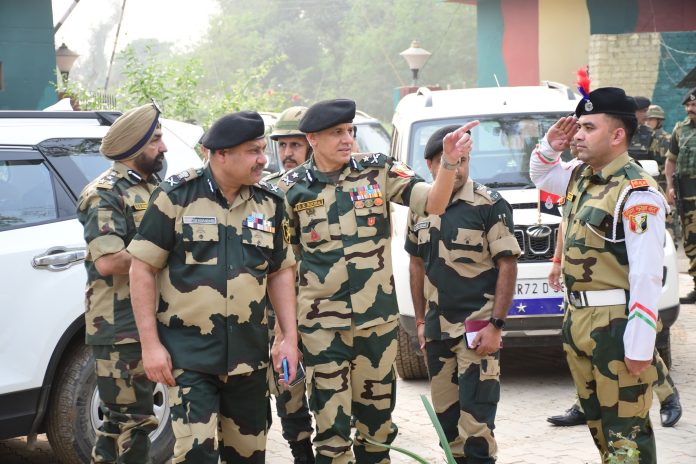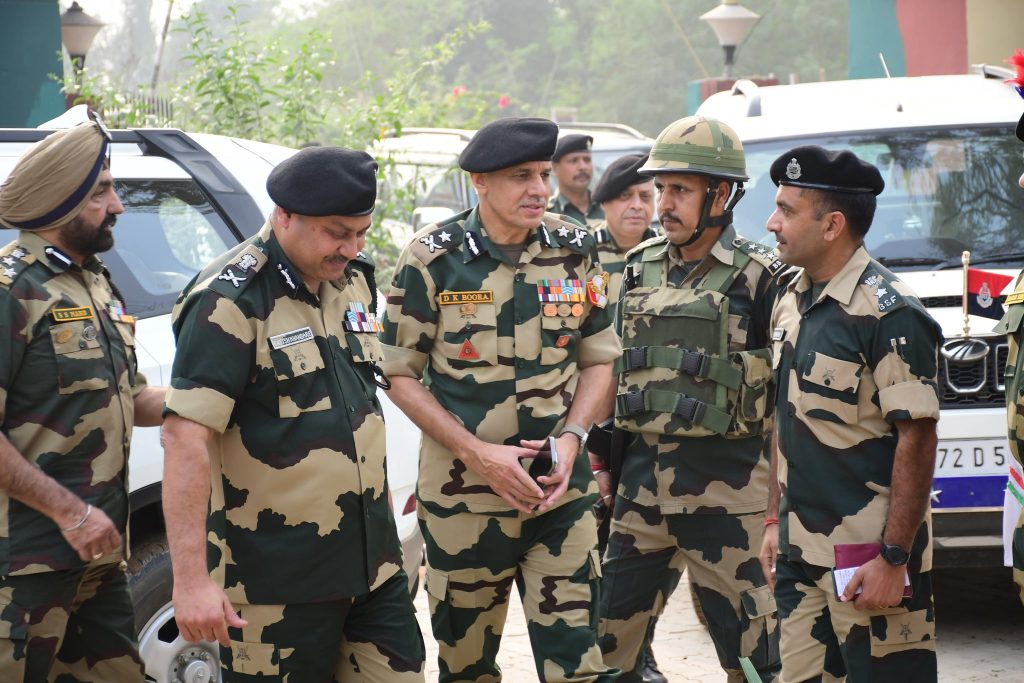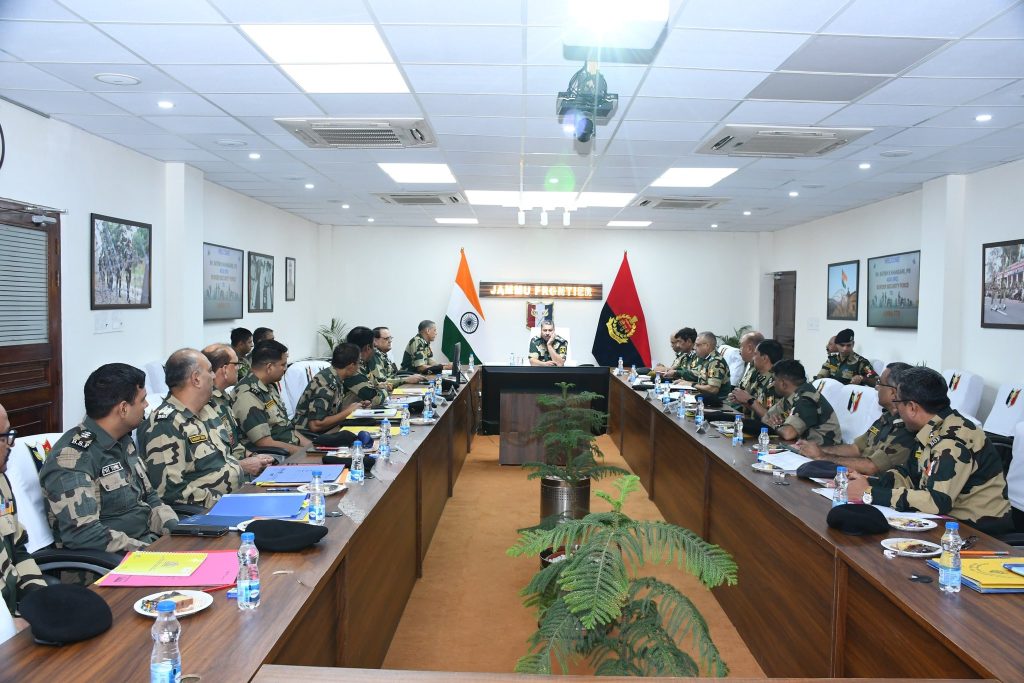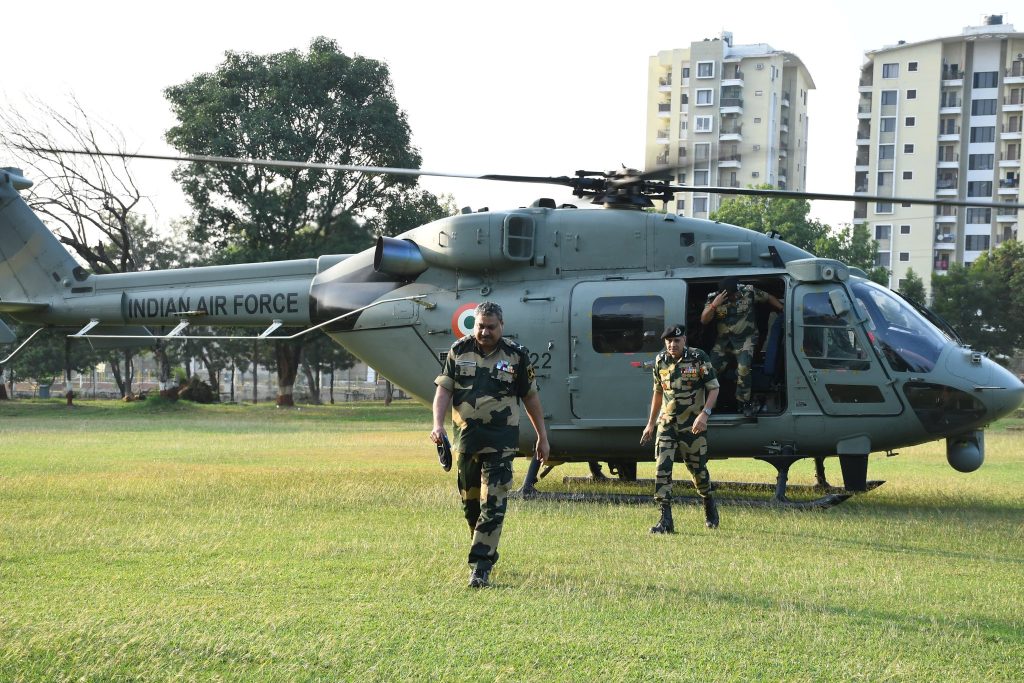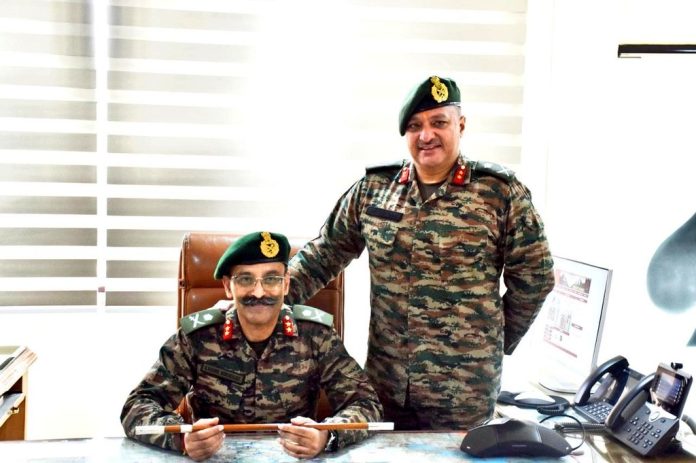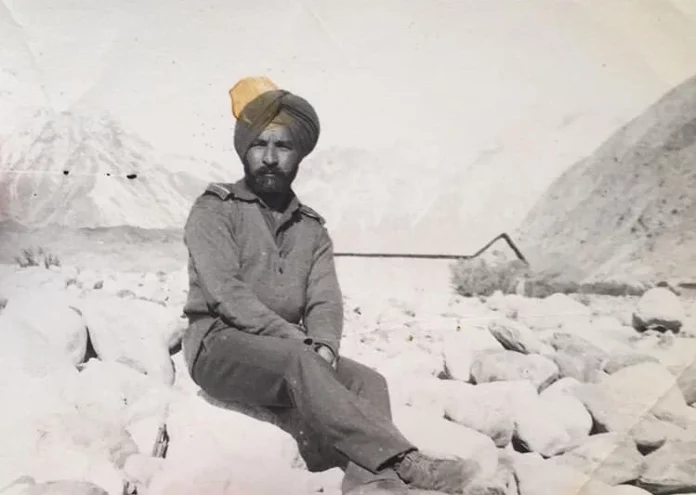The Indian Army’s recruitment rallies in various districts of the Kashmir Valley are providing a significant opportunity for thousands of unemployed youth. Recently, thousands of young men have lined up at recruitment venues, driven by the aspiration of serving the country and the dream of joining the Indian Army. The atmosphere at these events has been one of hope and determination, particularly in North Kashmir’s Baramulla district, where over 20,000 applicants gathered at the 161 Infantry Battalion of the Territorial Army in Gantmulla.
However, the excitement among the applicants is tempered by the reality of limited opportunities, as only 306 posts were available at this particular rally. Many candidates expressed their disappointment over the small number of openings, but the overwhelming sense of pride and motivation was evident.
One aspiring recruit, Syed Toufiq Geelani, shared his journey, stating, “It’s a very happy moment for me. It has been a long time since the recruitment was not happening, and I have been practicing for over three years for this day. Finally doing excellently here has given me great happiness.” Geelani emphasized that joining the army had been his lifelong dream, a vision that motivated him to join the National Cadet Corps (NCC).
The backdrop of these recruitment rallies is a region grappling with chronic unemployment issues. Many candidates present were graduates and postgraduates, eager for stable jobs and motivated by a strong desire to serve their nation. A common request among the youth was for the Indian Army to conduct more such recruitment drives in the Valley to help address the high unemployment rates.
Another candidate, Sahil Manzoor from the Pattan area, echoed the sentiments of many. “I have always been dreaming about joining the Indian Army. I have been coming for three days and waiting for a chance to participate in the recruitment. The Indian Army has been supportive while taking us tests. They have been motivating us, and that’s why I have got excellent remarks.” Manzoor acknowledged the employment crisis in the region but stressed the importance of passion and determination in achieving one’s goals.
Despite the recent surge in terror attacks targeting both security forces and civilians, the turnout at the recruitment rallies remains substantial. This strong attendance signifies a collective resilience among the youth, showcasing their commitment to national service in the face of adversity. Young recruits are eager to contribute positively to the region, determined to protect and serve while navigating the challenges presented by an environment fraught with violence and uncertainty. The recruitment rallies continue to inspire hope for a better future among the youth of Kashmir.

